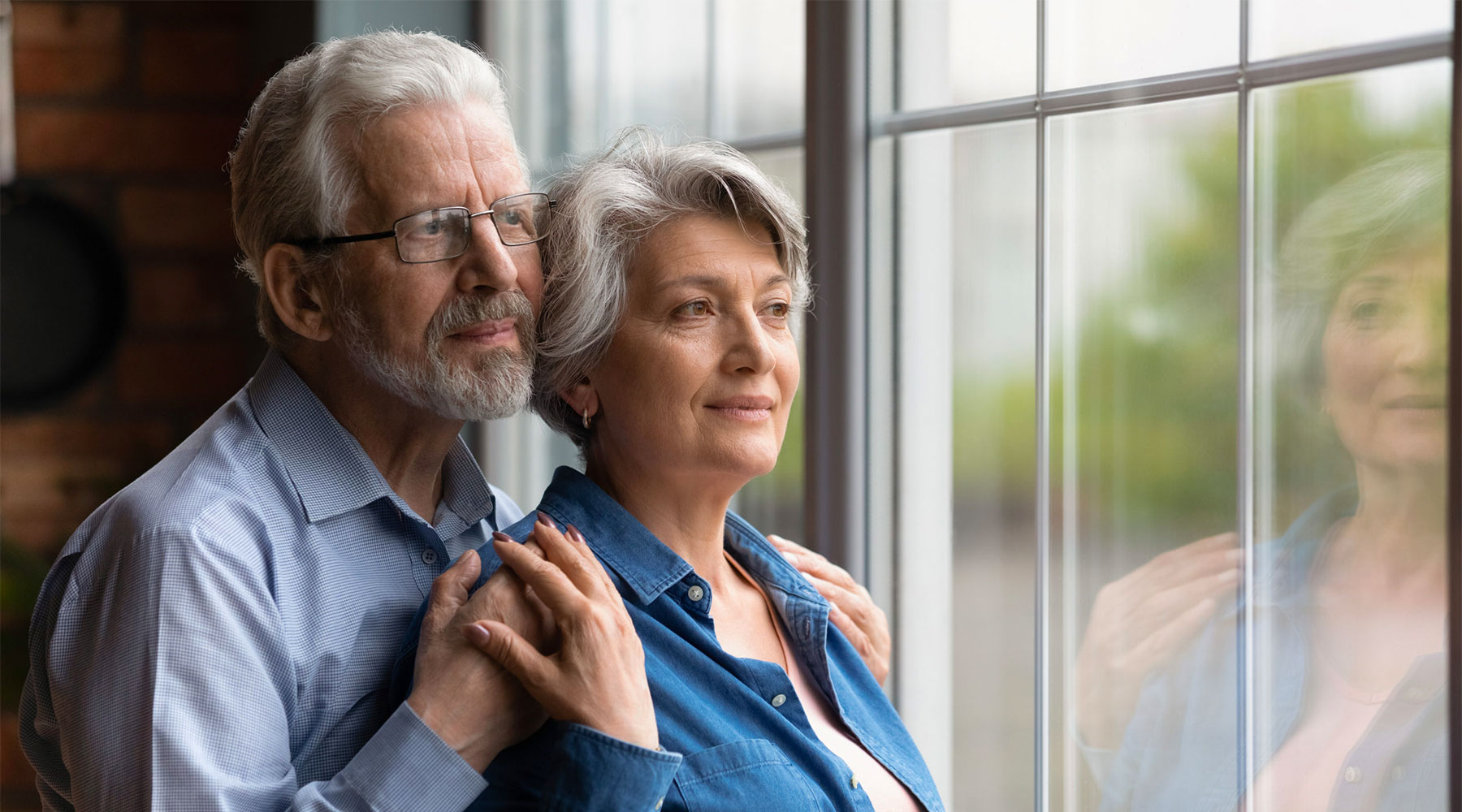People older than 50 and people who are immunocompromised have good reason to be wary of COVID-19’s Delta, Omicron, and other variants: News reports suggest these are more than twice as contagious as the original virus, reinfecting those who have previously been infected with Covid, as well as infecting those who have been vaccinated (but with much less severe illness).
More than ever, staying healthy feels like an imperative. Here are 5 ways you can help make that happen:
- Listen to—and follow—the advice of medical experts. In other words, do your part by getting vaccinated, wearing a mask in indoor or crowded outdoor spaces, and social distancing. Beyond COVID, also stay up to date with other recommended screenings and medical advice. “With the COVID virus, seniors are more vulnerable to the infection and its consequences,” said Dr. Jacobo Lama of Lama Medical Group in Haines City, Florida, part of the InnovaCare Partners network of physician practices. “Vaccinations are very important, plus a booster if it has been six months since your second shot of the Pfizer/BioNTech or Moderna vaccine OR two months since you received the J&J/Janssen vaccine. Masking indoors in public areas is the safest thing to do even when fully vaccinated and boosted. In addition, it is very important to maintain your general health as well.”
- Strengthen your immune system. You can boost your body’sdefenses by drinking plenty of water, getting restful sleep, maintaining a healthy diet. Resist the urge to snack on sugary or salty foods. Instead Choose to enjoy a low-fat, low sodium foods such as brightly colored fruits and vegetables. Finally, exercise—and focus on all four types: Endurance exercise such as running or walking; strength exercise such as lifting weights or pushups; and balance and flexibility exercises such as yoga or Pilates.
- Prioritize positivity and mental health. The pandemic over the past few years has been extraordinarily challenging for everyone. Never have so many suffered in so short a time and each day seems to bring more fear and uncertainty with the arrival of the Omicron Variant as a clear example. Rates of depression, anxiety, and alcohol and drug use have soared. Your mental health is just as critical as your physical health. It is paramount you focus on the positive things in your life even if small from enjoying the sunrise, the arrival of the holidays, or a refreshing glass of cold water. Reach out to family, old friends, or acquaintances with whom you have been meaning to connect. You are not alone in feeling isolated. Finally, don’t be ashamed to reach out for professional help from a mental health provider. There is no stigma for having a mental health condition. Many of us (including myself) have been successfully treated and help is always available. Do not be ashamed to tell your primary care provider or any health care professional that you are suffering. We are here to help.
- Take stock of medications. Ask your doctor or pharmacist about getting at least a 30-day supply of your medicines to reduce the number of times you must go to the pharmacy. Also consider any over-the-counter medications or medical supplies you might need, such as masks or thermometers.
- Plan in case you do get sick. Figure out now who cares for dependents or pets; keep a two-week supply of food and necessary household items in case you need to quarantine; and update your “on-call” list of family and friends who can help. If you have a caregiver, make sure you have a backup plan in case that caregiver gets sick. Planning ahead not only can give you a sense of control, but it may perhaps even motivate you to be healthier.
https://www.cdc.gov/coronavirus/2019-ncov/variants/delta-variant.html
https://www.nia.nih.gov/sites/default/files/be-fit-for-function-infographic-508.pdf
https://uthealtheasttexasdoctors.com/news/elderly-staying-healthy-during-covid-19-pandemic
Share Article


